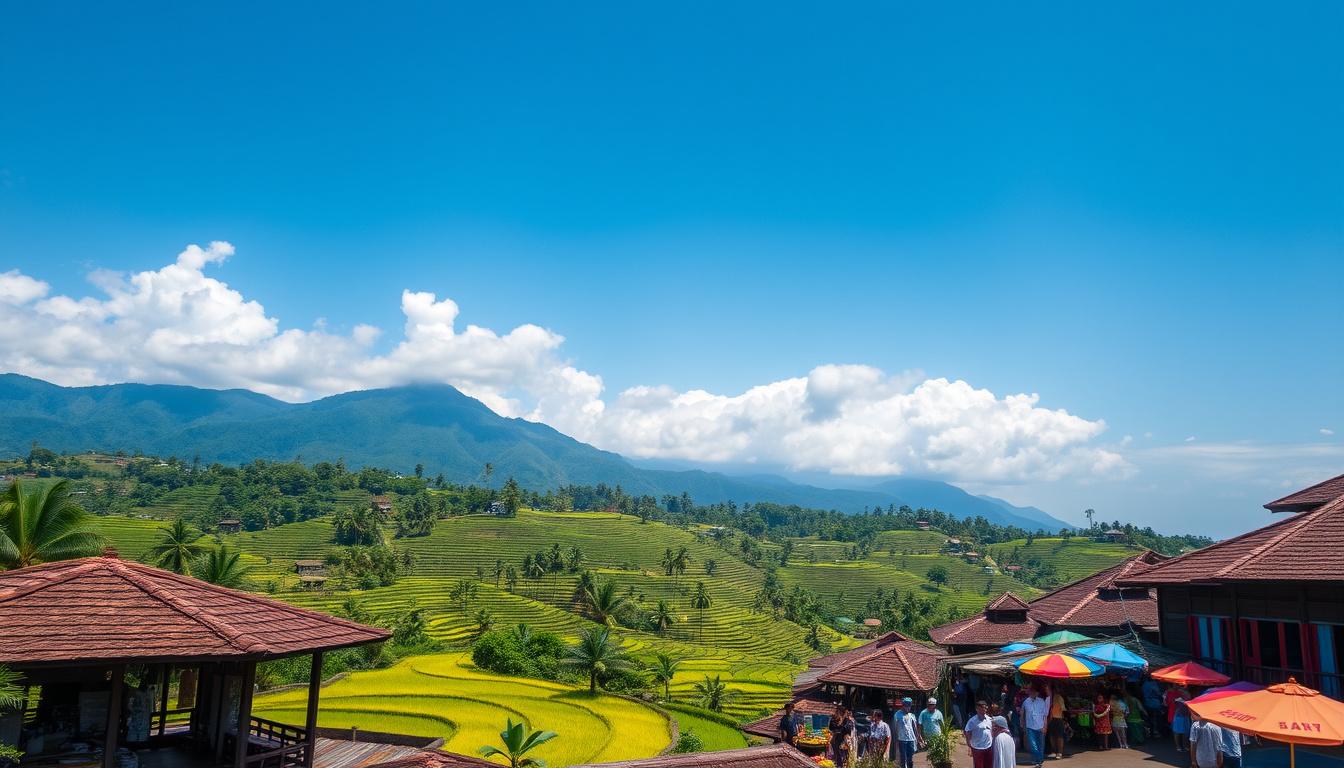Hundreds of Wayang Potehi (Chinese glove puppets) were displayed in formation at the front of a stage before a performance in Mojokerto, East Java.
Behind the stage, which was mostly painted red, several musicians were making preparations and checking the sound system of the open-air theater, while spectators gathered around to watch the afternoon show.
On that day, a dalang (puppet master) from the city was going to perform a classic Wayang Potehi episode called siluman harimau (tiger ghost). The performance lasted around 90 minutes.
Glove puppetry entered a gloomy period between the 1970s and 1990s because of president Soeharto’s New Order authorities’ oppression of Chinese culture, despite the fact that the art form had been practiced in the country for centuries and is part of the local culture. During the New Order era, Wayang Potehi was marginalized, making it very difficult to stage shows. In an ironic twist, most practitioners of this art form have since been indigenous Indonesians, who have shown their great appreciation for what was once considered a non-indigenous art form.
Nonetheless, as the nation’s reforms continue to progress, there is no longer any need to practice the art form in secret. Wayang Potehi can once again be performed for the public.
Source&image: TheJakartaPost











Add a comment